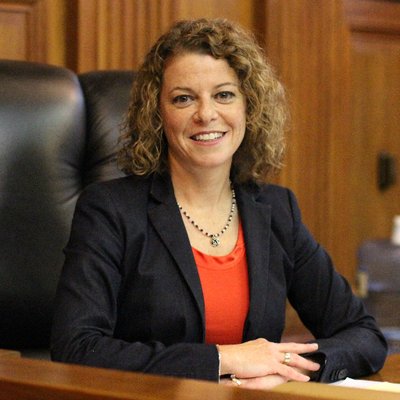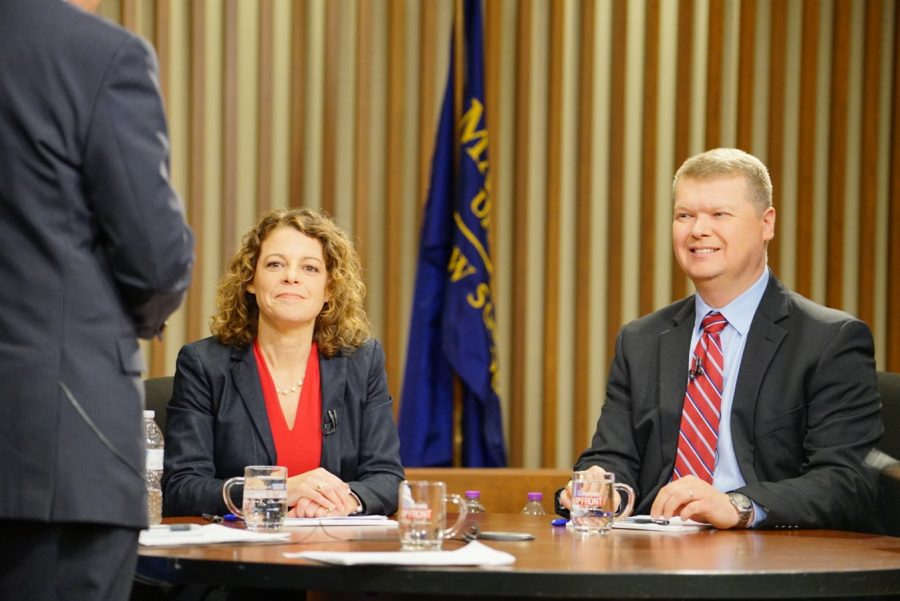The unbridled growth of Milwaukee County employee pension and health care costs has pushed the county to the brink of “a full-blown fiscal crisis,” according to an independent Public Policy Forum report released last week.
The report was commissioned by The Greater Milwaukee Committee, a civic organization, to figure out how the county can maintain its tax base, encourage growth and maintain services in spite of the fiscal problems it faces, according to Eric Paulsen, the committee’s communications officer.
Rob Henken, president of the Public Policy Forum, said the county is facing multidimensional problems.
First, the state has steadily withdrawn funding from the county over the years, which left the county to figure out how it will fund the services it provides, Henken said.
Mounting fringe and legacy costs, which include pension and health care for current and retired employees, have also left the county with fewer dollars to spend on other services, such as transit and county parks. According to the report, the county paid only $66.5 million in pension and health care costs in 2000. In 2008, the county spent $178.9 million — a 169 percent increase.
And the stock market struggles of the past year have strained the county’s pension fund, Henken said.
The report did more than merely determine the source of county government’s financial woes — it also suggested three possible solutions and investigated the feasibility of each, Henken said. These include streamlining county government, taking certain services out of the county’s jurisdiction and even abolishing county government altogether. Henken emphasized the report should not be interpreted as in support of any one of the options.
Such government dismantling occurred in seven Massachusetts counties in the late 1990s, but those counties didn’t have the same civic responsibilities that Milwaukee County currently has, Henken said.
Streamlining county government appears to be the most likely option, but as with any reform, there would be several logistical, political and legal obstacles to overcome, Henken said. These include deciding who to put in charge of certain county functions, such as General Mitchell International Airport or the parks and who would be responsible for paying out future pension benefits, he said.
County Executive Scott Walker, who has previously proposed partially privatizing public functions, including the Milwaukee County Zoo and the airport, said in his weekly newsletter that the report “affirmed many of the concerns I raised about the future of county finances.”
He also said he will work with the County Board of Supervisors in moving toward changes that will make balancing future county budgets easier.
Reform would not only concern county officials, but would have to include cooperation from state lawmakers as well, Henken said.





